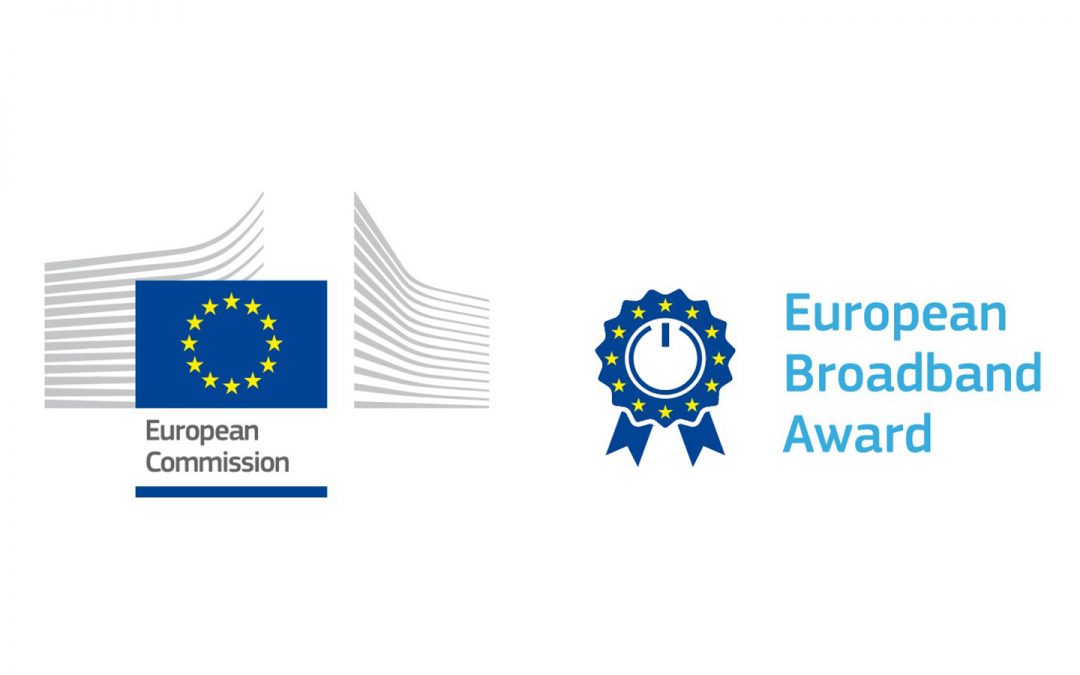The expansion of broadband is currently one of the most important infrastructure tasks in the member states of the European Union. The European Community has set itself the goal of making the benefits of online tools and services fully available to its members. This also opens up new opportunities for European companies, for example in trade or the development of innovations. The creation of a European digital single market and the availability of high-speed internet connections across the board are therefore crucial for Europe’s path towards a gigabit society.
To expand broadband networks, the European Commission drew up a connectivity package for a European gigabit society in 2016. By 2025, gigabit internet connections are to be made available for places and facilities of particular socio-economic importance, such as schools and hospitals. Private households should be able to benefit from reception speeds of at least 100 Mbit/s. The connectivity package also aims to provide all important road and rail connections with a 5G connection in addition to all urban areas.
On the European Commission’s website, the Directorate-General for Communications Networks, Content and Technologies (DG Connect) provides information on the respective national targets and measures for broadband expansion in the 28 EU member states.
The EU country websites provide information in English and in the respective national language about the broadband expansion targets and the practical implementation measures of the member states.
Examples are the country websites of Croatia and Sweden. Croatia’s broadband strategy is based on the fundamental principles of service and technology neutrality as well as net neutrality. This includes ensuring effective competition, the availability of broadband access and the promotion of demand for broadband services by citizens and companies. The Ministry of the Sea, Transport and Infrastructure and the Croatian Regulatory Authority for Network Operations (HAKOM) are responsible for broadband expansion in this country.
Sweden’s broadband strategy includes both a high-speed broadband network and a nationwide mobile network for companies and private households. In doing so, the country primarily determines the respective needs of residents for broadband access, regardless of whether the place of residence is in densely populated or rural areas. The strategic focus is also on the requirements of the broadband market and the cost-efficient expansion of the broadband infrastructure. In Sweden, two institutions are responsible for broadband expansion and the corresponding regulations: the Ministry of Enterprise and Innovation and the National Post and Telecommunications Authority (PTS).
aconium supports DG Connect in the implementation and management of the Broadband Europe knowledge platform. The Broadband Europe section of the EU Commission’s Digital Single Market website provides information on current developments in broadband policy in the EU and the member states and acts as an information platform to help achieve the goals of the Gigabit Society 2025. To this end, aconium GmbH works together with the responsible ministries, national regulatory authorities and broadband competence centers to provide up-to-date information on the country websites.
aconium also organises the annual European Broadband Awards, which honour projects that provide access to high-speed internet. Successfully implemented or advanced, public or private projects of any size and technology from all regions of Europe can apply until September 7, 2018.
Cover picture: Logo of the European Broadband Awards and the European Commission.
Image credit: aconium GmbH
Images below: Screenshots of the country pages of Croatia and Sweden.
Image credits: European Commission.



